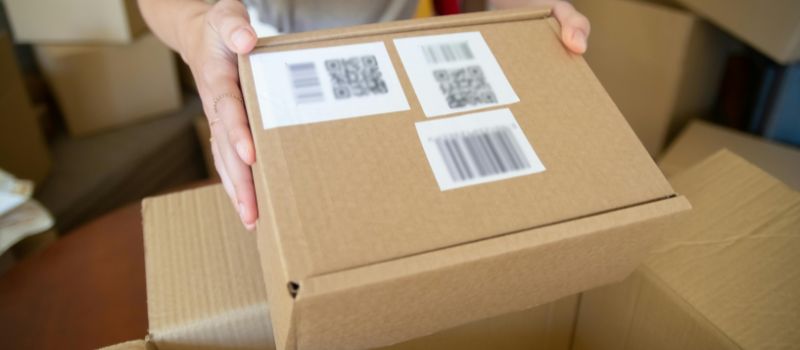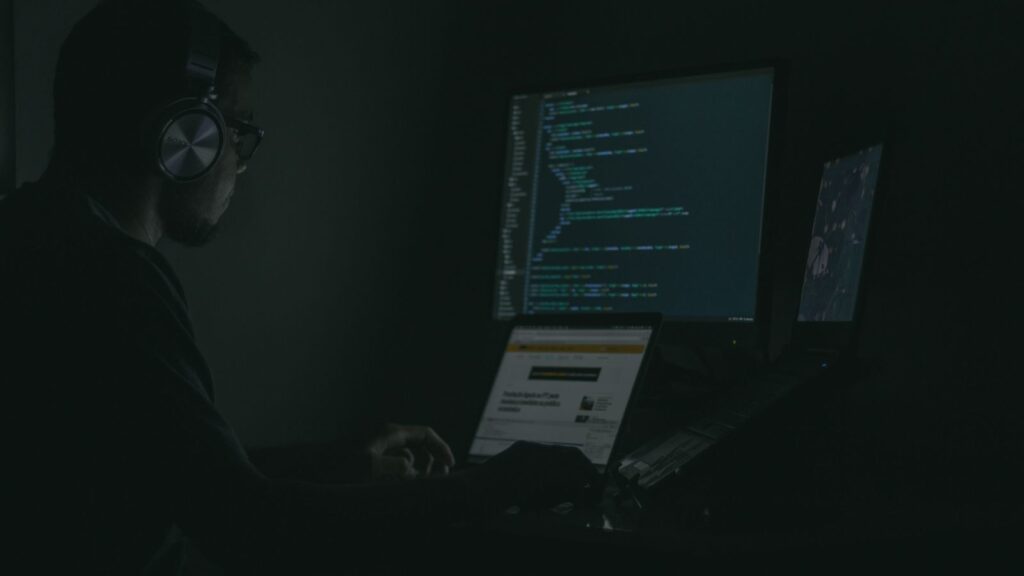Software and Maintenance Agreements
Taxability of Software Sales
- Canned Software:
Sales of “canned” computer software are taxable as retail sales in Illinois. - Custom Software:
Sales of custom software, prepared specifically for a customer, are not taxable. - Definition Clarification:
Computer software that is not custom-made is considered “canned.” Merely selecting canned programs to form a package does not make it custom unless substantial changes are made. - Licenses:
Licenses of software are not considered taxable retail sales in certain circumstances.
Maintenance Agreements for Tangible Personal Property
- Included in Sale Price:
If maintenance agreement charges are included in the sale price of tangible personal property:- The charges are taxable.
- No tax applies to maintenance services or parts when repairs are performed.
- Sold Separately:
If the maintenance agreement is sold separately:- The sale of the agreement itself is not taxable.
- However, maintenance or repair services or parts under these agreements incur use tax based on the cost price of tangible personal property transferred during service.

Software Maintenance Provisions
- Patches or Bug Fixes:
If a maintenance agreement includes patches or bug fixes for software or hardware:- The tangible property transferred is taxed based on the same principles above.
- Updates for Canned Software:
Charges for updates of canned software for new releases or improvements are fully taxable. - Updates for Custom Software:
If updates relate to custom software, they may not be taxable.
Labor Charges
When calculating the Retailers’ Occupation Tax:
- Labor or service costs are not deductible from gross receipts.
- These costs are considered part of gross receipts and subject to tax, even if stated separately on an invoice.
Transportation and Delivery Charges

Legal Precedent: Kean v. Wal-Mart Stores, Inc.
- The Illinois Supreme Court ruled that shipping charges for Internet purchases of tangible personal property are subject to sales tax if there is an inseparable link between the sale and delivery.
- Inseparable link exists when:
- Charges are not separately stated on the invoice, or
- Charges are stated, but there is no option for customer pickup.
Separability of Charges
- If property can be sold without the retailer providing delivery:
- Delivery charges are not part of the selling price and are not taxable.
Department Clarifications
Documentation Requirement:
Sellers must maintain documentation demonstrating the customer had the option for pickup.
Separately Stated Charges:
When transportation and delivery charges are stated separately and customer pickup is an option, these are considered a separate service and excluded from gross receipts.
Frequently Asked Questions
Are all software sales taxable in Illinois?
No. Only sales of “canned” (prewritten) software are taxable as retail sales. Custom software that is specifically designed and developed for an individual customer is not taxable.
When are software maintenance agreements taxable?
It depends. If the agreement includes taxable canned software updates, the charges are taxable. However, if the agreement covers custom software or general support services without transfer of tangible personal property, it may not be taxable.
Are charges for delivery or shipping subject to Illinois sales tax?
Yes, if there’s an inseparable link between the sale and delivery such as no option for customer pickup or the charge is not stated separately on the invoice. If delivery is optional and charges are separately stated, they are not taxable.
What is the tax treatment for maintenance agreements on tangible personal property?
If the maintenance agreement is part of the original sale, it’s taxable. If sold separately, the agreement itself is not taxable, but parts used during service are subject to use tax based on their cost.
Are labor or service charges taxable under Illinois Retailers’ Occupation Tax?
Yes. Even when labor or service charges are listed separately on an invoice, they are considered part of the gross receipts and are subject to tax.

